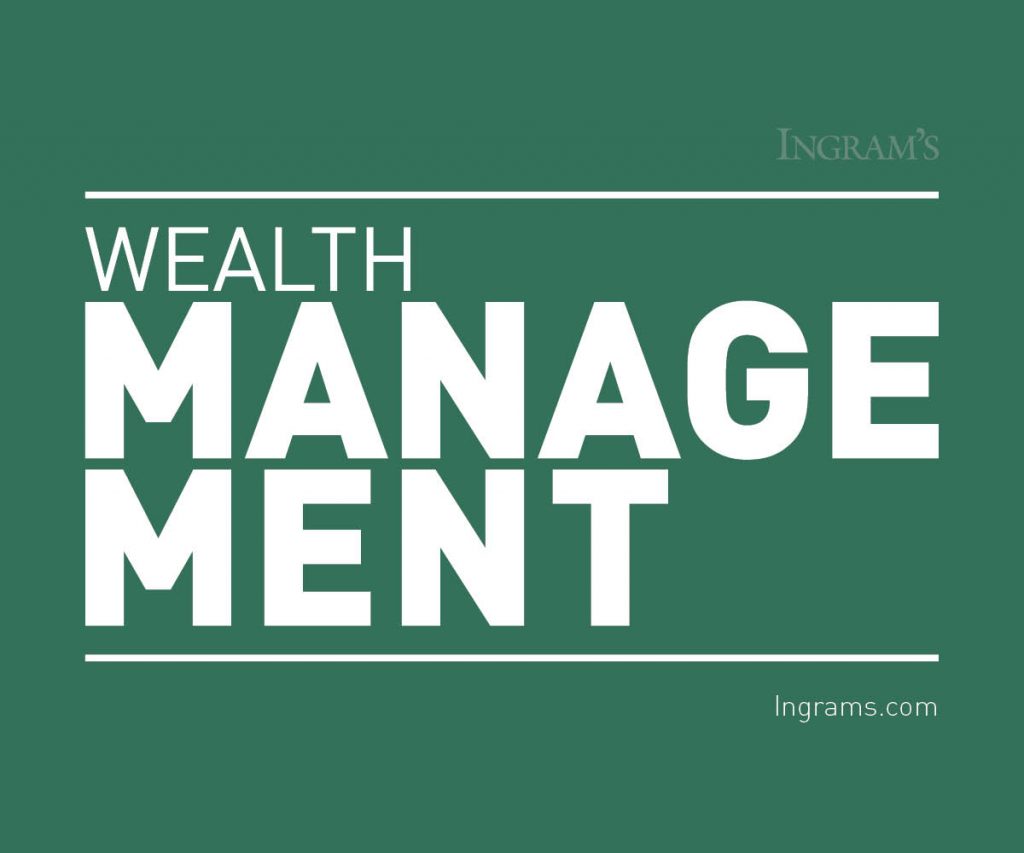HOME | ABOUT US | MEDIA KIT | CONTACT US | INQUIRE
HOME | ABOUT US | MEDIA KIT | CONTACT US | INQUIRE

The new year started off with much excitement as Washington leaders worked well into the night to avoid going over the cliff prior to the first day of trading in the markets. The Dow Jones and S&P celebrated the news with large gains, even though not much was decided and many of the key issues were “kicked down road” to the new Congress. The question many are asking is what to expect with the markets this year and longer term.
As we remind our clients, the markets have always been guided by an unwavering belief that ours is a land of opportunity and promise. This sentiment is better, and more famously, described by Warren Buffett:
“Over the long term, the stock market news will be good. In the 20th century, the United States endured two world wars and other traumatic and expensive military conflicts; the Depression; a dozen or so recessions and financial panics; oil shocks; a flu epidemic; and the resignation of a
disgraced president. Yet the Dow rose from 66 to 11,497,” he told The New York Times in of 2008, just after the onset of the financial crisis.
With that time frame as our beacon, we look at the recent past. Buffet made his observation with the U.S. economy in dire straits—Wall Street firms were in turmoil, the stock market had peaked a year earlier and was dropping precipitously, and the only rational decision to be made was for the administration to choose the right “bail out” to prevent a financial meltdown. Both President Bush and candidate Barack Obama endorsed a monetary policy known as Quantitative Easing. In a nutshell, it was designed to have the government buy financial assets that were not selling in the marketplace, thereby re-liquefying the firms that held those assets and allowing them to re-invest the proceeds and re-invigorate the economy.
About the only thing the “experts” have learned from the past four years is that we’re no better predicting the future in 2013 than we were in 2008.
As we know, the world did not end. However, the U.S. economy has not rebounded as quickly or robustly as economist thought it would. Sluggish GDP growth and a stubbornly high unemployment rate attest to that. Europe’s debt crisis has yet to be solved. Asia’s economic growth has slowed dramatically. Throw into the mix all of our political turmoil of the past four years, including the administration’s 2010 health-care legislation, the recent presidential election, the newly passed tax increases and myriad of other things we could name, and we are still in an environment which is “at risk”—to say the least.
It’s important to remember, though, that over the past four years, financial assets as represented by the S&P 500, have done quite well. Also, U.S. interest rates remain at historic lows. Our debt downgrade, it seems, did not persuade foreign borrowers that there were better alternatives. Corporate earnings and cash have rarely been higher. So, why the “disconnect” between what went on in the world and what went on in the markets? Should increasing our national debt by trillions of dollars really make it more attractive to buyers? How have corporate earnings done so well in a lousy economy?
About the only thing the “experts” have learned from the past four years is that we’re no better predicting the future in 2013 than we were in 2008. But let’s examine what we do know: Interest rates will remain unchanged until un-employment drops to around 6.5 per-cent. Dividends will be taxed at 20 percent and not at ordinary tax rates, as some plans discussed. When interest rates begin to rise, bond prices will fall. The anticipation of rate increases will most likely cause a selloff of bonds and bond funds. It is our belief that a vast majority of those proceeds will go to the stock market—and in particular, into dividend-paying stocks—to replace the income from the bonds. The inflow of money to stocks and stock mutual funds will push the Dow and S&P to new highs. We also know that with upcoming votes yet to be cast on the debt ceiling, on spend-ing cuts and—again—on tax increases, that volatility will continue to cause the markets to go up and down on good news, bad news or the anticipation of news.
In light of all that, our outlook remains positive—and our best advice to investors is, expect the unexpected.